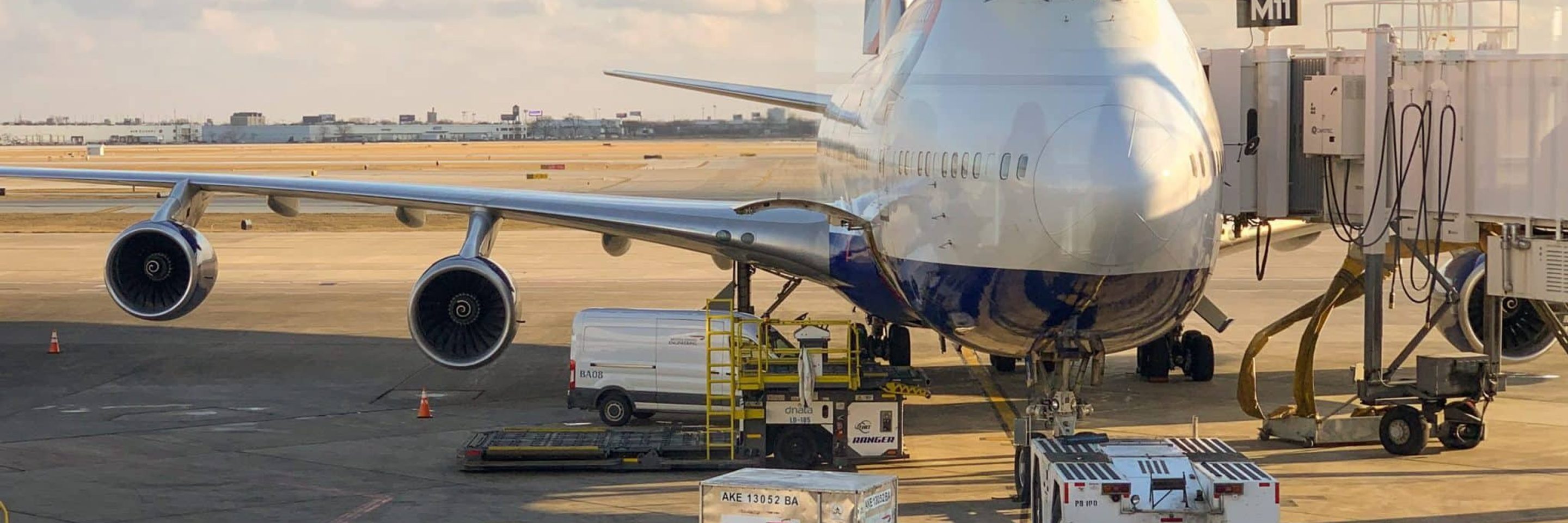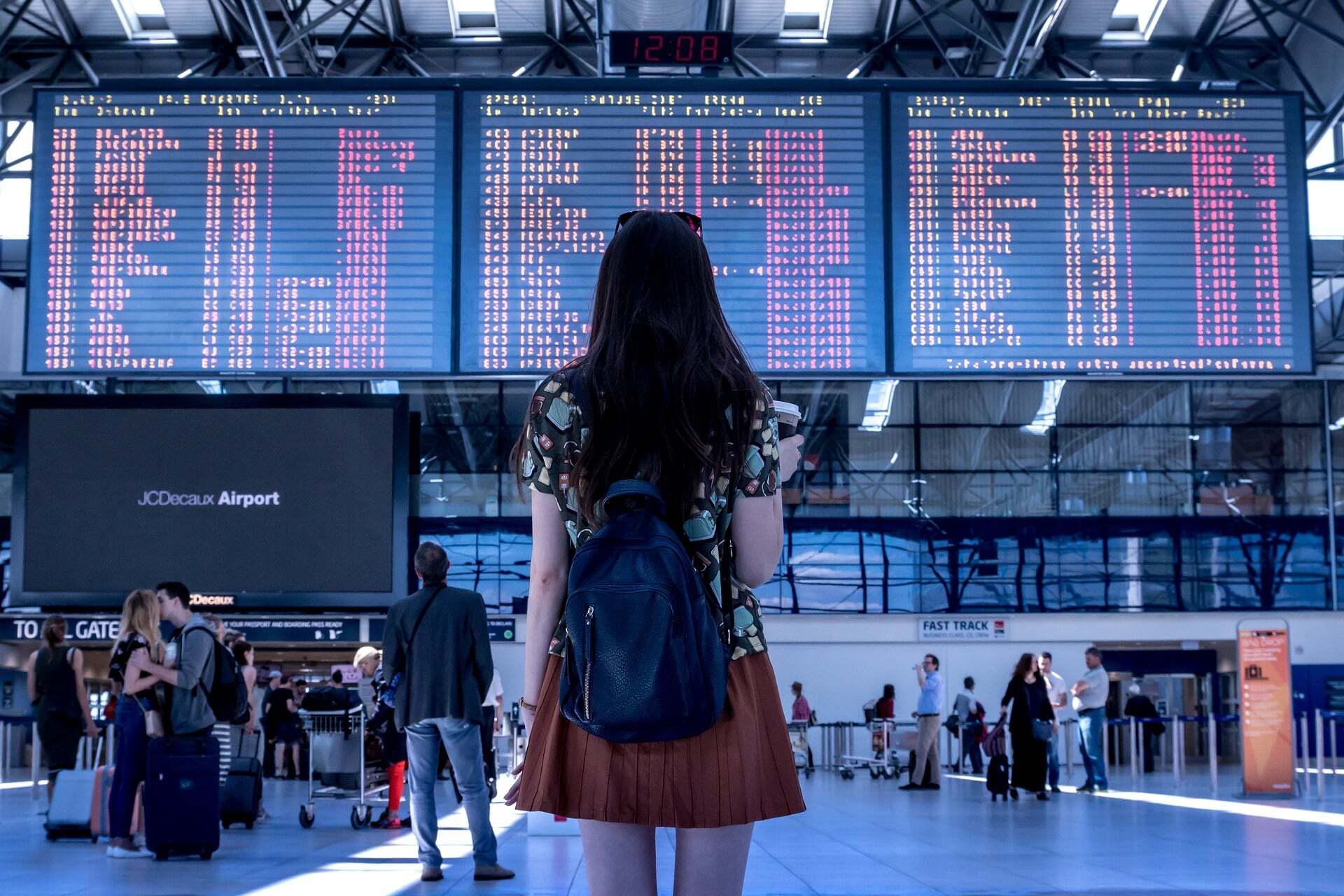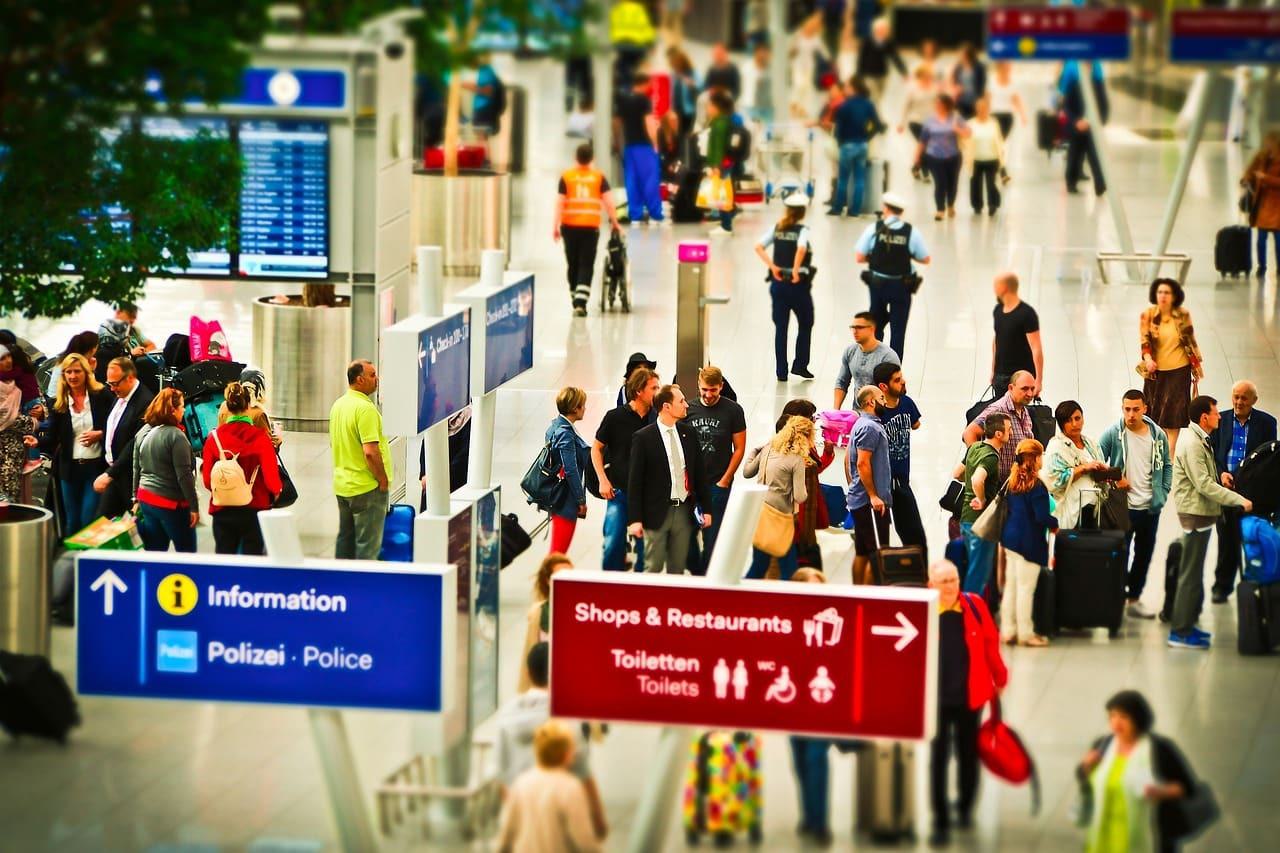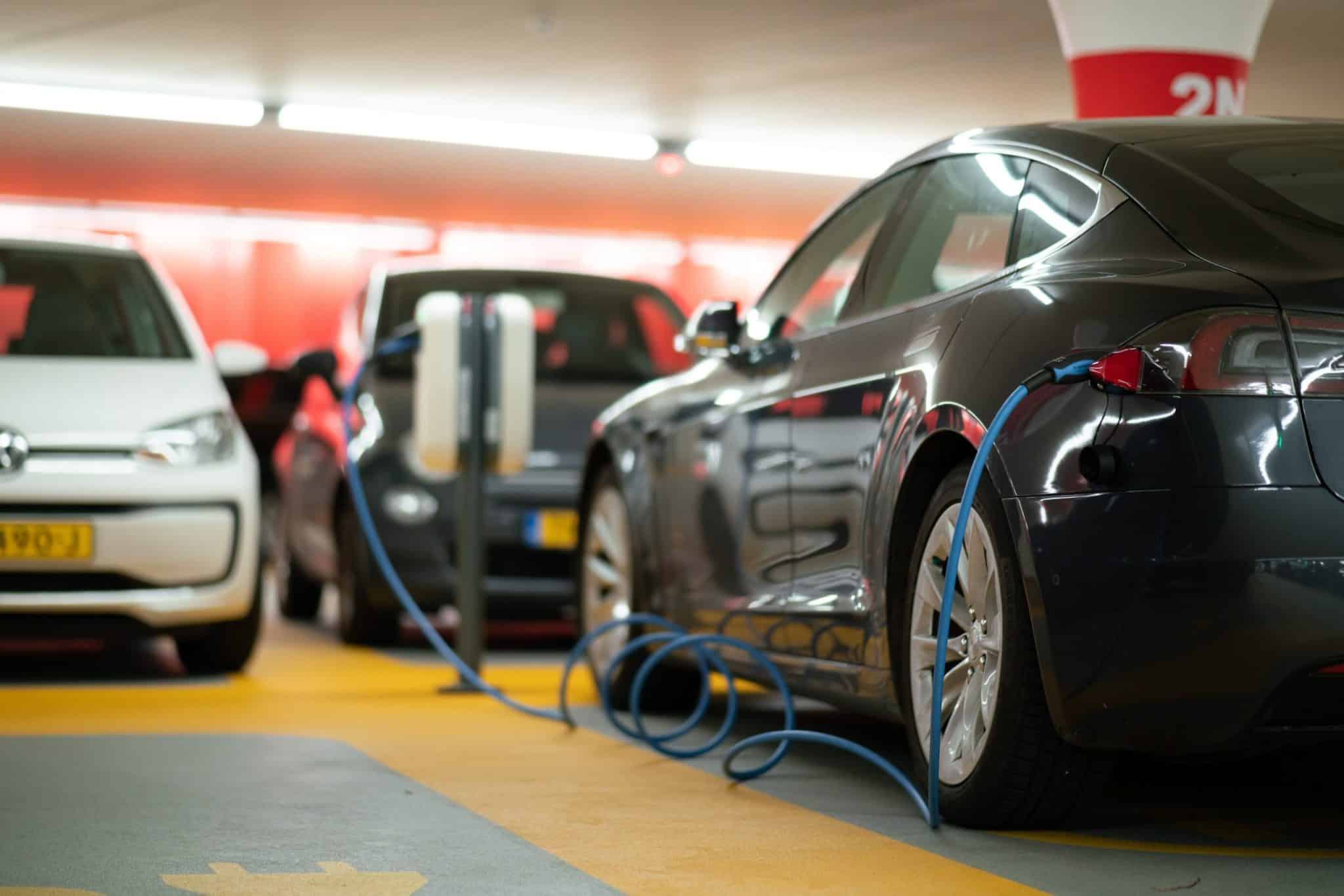
Cancellations and delays dominate travel conversations, and airlines and airports are seemingly unable to fill job vacancies. Baker Tilly’s experts explore the impact of these challenges on the sector.
At the high point of the busiest travel season in the last three years, executives at London’s Heathrow Airport made the extraordinary decision to cap passenger numbers at 100,000 a day to limit disruption at the airport.
Canadian airlines and airports had more flight delays over the first weekend in July than nearly any other around the world. One passenger claimed he had been looking for his luggage for at least 16 days since arriving home.
Virgin Australia cancelled 14% of its flights in one week in Australia, while just 43% of the flights that did get airborne were on time.
In Europe, ‘Airmageddon’ has been declared, as terrible tales of hours-long queues in heat and rain proliferate in and around every major airport.
Around the world on the first Sunday in August, 2,246 scheduled flights were cancelled, and more than 24,000 flights experienced delays, according to FlightAware tracking data.
A staggering 73% of flights out of Brussels Airport were delayed in July, pilot strike action contributed to a Scandinavian airline filing for bankruptcy, extreme heat damaged the runway of a UK airport, and baggage systems failed.
It feels like the world’s airports are broken, and holidaymakers and business travellers have lost trust in airlines. Passengers now hope more than trust that they will get to their destination on time and that their luggage will arrive with them.
The northern summer should be an exciting time for the travel and tourism industry, as international passenger numbers soar and people shake off the COVID-19 pandemic for that long-deferred overseas trip.
The International Air Transport Association (IATA) data shows global passenger movements are now at 70.8% of pre-pandemic levels, and, critically, international passenger traffic in June 2022 was up 229.5% versus 12 months earlier. June’s international revenue passenger kilometres (RPKs) touched 65.0% of June 2019 levels.
Yet, incredibly, some airlines are being told not to sell tickets, and passengers are encouraged not to fly.
How did the world of travel arrive at such a place?
The missing master plan for travel
Gary Brough, Managing Director of Baker Tilly Turks and Caicos Islands, highlighted a myriad of problems as people began to travel in large numbers for the first time since the start of the COVID-19 pandemic.
“Are the airlines and airports broken? It’s a legitimate question and it’s certainly true that there are some fundamental challenges and mistakes that have been made,” he says.
“There has been some hugely optimistic scheduling of flights and initially airlines, travel agents of all descriptions, hotels were effectively saying, ‘whoever wants to travel can travel whenever they want,’ when the practical reality was very different.
“There’s been a critical absence of some kind of a master plan or critical path analysis. It’s not as simple as just landing an airplane at an airport.
“There’s been a critical absence of some kind of a master plan or critical path analysis. It’s not as simple as just landing an airplane at an airport.” –
“Bringing hugely complex, highly regulated aircraft out of mothballs and back into service, getting security vetted baggage handlers and ground staff back into the labour force, flight crew, immigration staff, all these critical parts of the jigsaw were not factored into the equation.
“The assumption that we could just go back to 100% of what we were doing before the pandemic was well meaning but somewhat naïve in the prevailing circumstances.”
Rajeev Shaunak, a Partner and Head of Consumer at Baker Tilly network firm MHA Macintyre Hudson in the UK, says there is no sugar-coating the fact that airlines and airports did not prepare well for the travel revival.
“A lot of the problems were behind the scenes with issues such as baggage handling and whose responsibility it was, security delays which were definitely down to the airports themselves, and delays at check in for which the airports blamed the passengers themselves for arriving too early,” he said.
“Everyone was too willing to blame each other instead of working together to resolve the issues. The travelling public looked on aghast as the press delighted in daily travel horror stories.
Mr Shaunak also believes no one was quite ready for travellers returning in the volumes they have, underestimating the pent-up demand for travel.
“I think there was a feeling that a full return to normality might not be seen until 2024, but as it turned out, demand was so high that it has caught people a little bit unawares,” he says.
“A failure by the airlines and the airports to adequately prepare means that recovery may not occur until 2024 now, and it’s also dependent on the world not going into recession.”
Headcount headache for airports, airlines
Data released by the US Bureau of Transportation indicates airlines triggered 38% of cancellations between January and May, the highest since 2013, while weather, usually the dominant reason, for cancellations was down to just 55%.
The root cause has been the absence of suitably qualified and approved staff on the ground.
Airlines have been ‘recruiting like mad’ to fill the gaping personnel holes, but in nations with record low unemployment, every other business has been doing the same, and airlines are struggling to win the war.
Recruitment is a lengthy process in many cases, while in the short-term, airline reputations are being shredded. The resourcing situation is now so dire for the Australian airline Qantas, it has asked executives and senior staff to help with baggage handling and ground crew operations.
“Airlines will have to pay market rates and attract people by looking after staff engagement. They need to win the hearts and minds of the staff back because people have moved on.''
The problems stem back to the start of the pandemic when airlines laid off staff in their thousands after cashing billions in government bailouts. At the US airline Delta, about 17,000 employees took buyout packages or early retirement, while 12,000 jobs went at British Airways, almost one-third of its workforce.
Mr Shaunak says winning back the trust of would-be recruits after the pandemic-induced layoffs will be a far more difficult challenge than managing passenger numbers.
“Just looking at British Airways, for example, where they laid off thousands of cabin crew and support staff,” he says.
“Then they tried to get them back at 80% of their original salary, 18 months on. Those people, funnily enough, weren’t sitting there waiting for the call from the airline. They’ve gone away and found other jobs.
“There’s going to be a trust deficit there. Is this a stable job? Can we be dropped at short notice?
“Airlines will have to pay market rates and attract people by looking after staff engagement. They need to win the hearts and minds of the staff back because people have moved on.
“The pay in a lot of cases isn’t that great. Even some of the bigger airlines such as BA have almost gone to a low-cost model, a virtual airline. I think that won’t cut it.”
Mr Brough said COVID-19 also remains a factor that struck hard for organisations already operating below full staff complements.
“Staffing levels could be down to 80%, 70%, 60% of full capacity, and it was of course mandatory for employees to stay off work if they contracted COVID,” he says.
“These unpredictable temporary disruptions exacerbated the problems, particularly where commitments had been made to overly optimistic flight schedules.
“There is also a lead time to recruiting a new baggage handler, and for training new staff, all of which contribute to an inability to service these overly optimistic flight schedule.”
Will the airline chaos hamstring the tourism recovery?
The near-term recovery for travel looks patchy. Heathrow has capped passengers at 100,000 until at least October and Mr Shaunak believes the cap may return at busy times around the year.
“They are basically conceding that operations might seem okay when people aren’t travelling as much, but I can see the cap potentially coming back over the Christmas holidays again, for example,” says.
He concedes that business travel may take far longer to recover.
“With business travel, there’s a bit of flexibility, you can do your Teams meeting or different things remotely,” he says.
“But the family holiday and family travel, I think it will come back just purely because people want to do that.”
Mr Brough believes economic factors such as rising inflation and higher cost of living may actually ease the mismatch between demand and supply for non-essential travelling.
“For business travel, I think there is an element of, do I really need to travel for this? It’s questioning the event, the additional critiquing, which might stifle business travel,” he says.
Mr Shaunak says even confronted with delays and cancellations, economic factors are likely to have more of an impact on a person’s decision to travel than the airlines and airports.
“It’s not, ‘we’re annoyed with what happened with BA or EasyJet last year, so we’ll teach them, and we won’t travel next year,’ that’s not going to happen,” he says.
“It will pick up again but it’s going to take a while for that to happen. People are booking slightly later because of the economic concerns and flights are quietly still being capped.
“But people are forgiving purely because there is no other option.”
Despite the enormous challenges at a staffing and operational level, Mr Brough doesn’t believe the travel industry is broken.
“Huge mistakes have certainly been made but I don’t think the industry is broken,” he says.
“On the question of trust, there’s no question great damage has been done to the airlines brands and reputations but you wouldn’t believe how forgiving tourists are once they get the sun on their back and a pina colada in their hand.”
“Airlines and airports are now doing exactly what they should have done from the beginning of the recovery from COVID.
“They are now looking at how many flights they can service and notifying passengers ahead of time, as opposed to when they’ve been lining up at the airport for four-plus hours.
“That’s what causes the lack of trust.”









